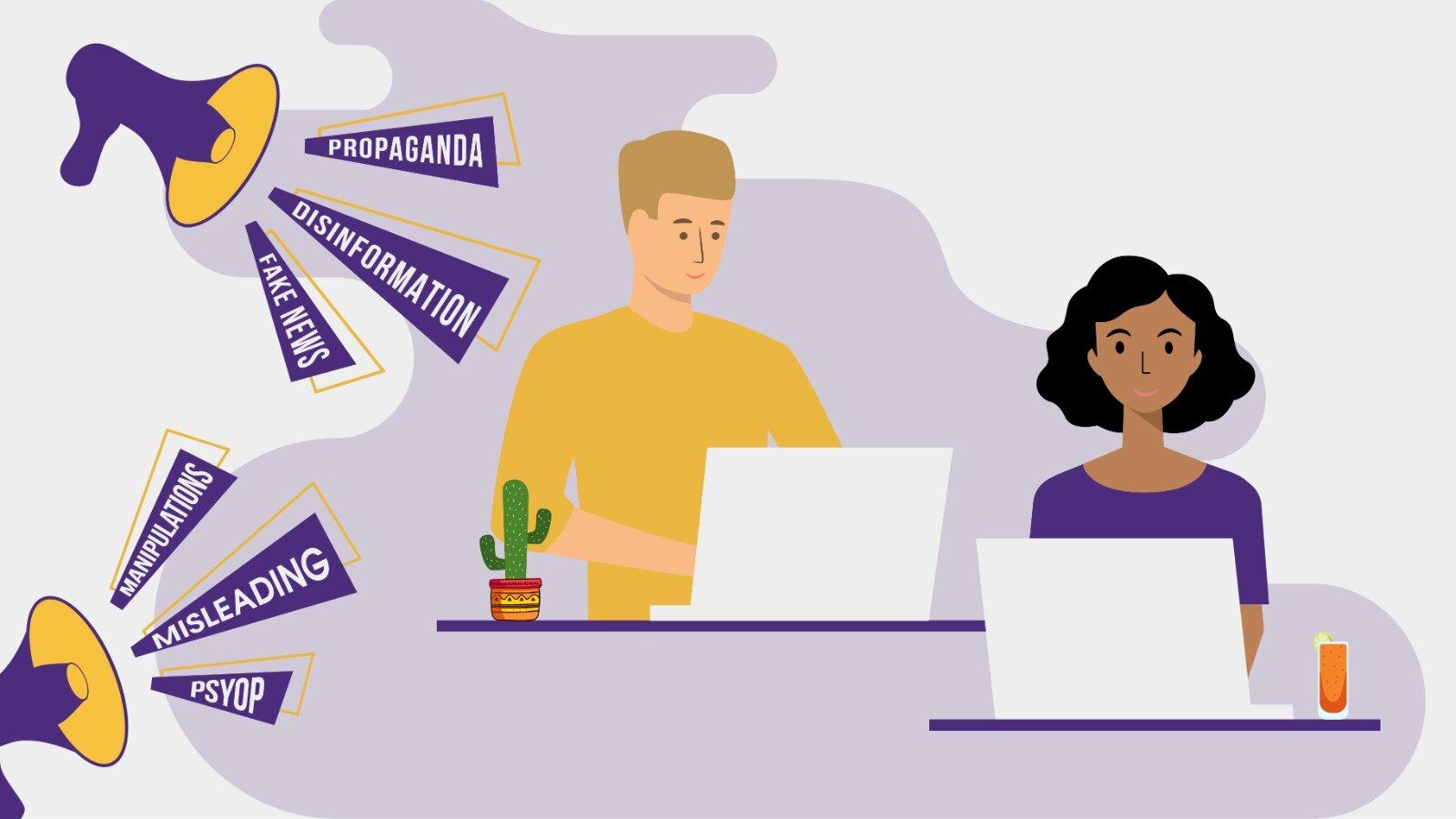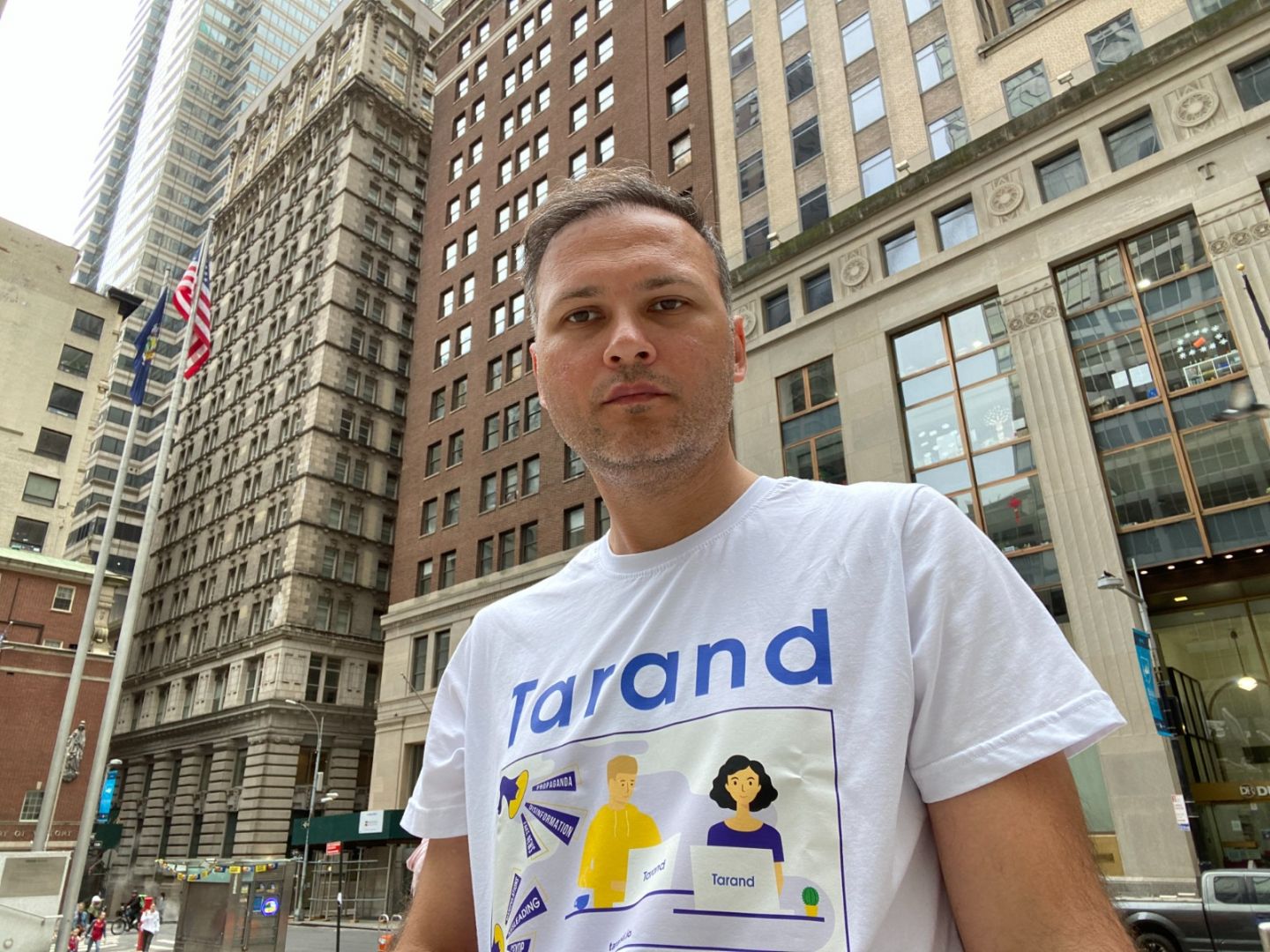Weaponized information - are there counteraction and defense methods?

As the world becomes more and more unpredictable, malicious actors who spent decades building their information warfare infrastructure get more aggressive, increasingly counting on and employing information weapons.
It is not an overstatement to say that such elements of malicious information activity as propaganda, disinformation, manipulation and psychological operations have become commonplace and, in some cases, even instruments of international relations. In the modern world, the advance of information technologies created a situation that humanity has never faced before: creation and dissemination of information, same as its manipulation, have become easier, while control over the information flows has become more difficult than ever.
Sometimes weaponized information can have a far more devastating effect on states and societies than military conflicts. Some countries that possess strong capabilities for carrying out malicious information activity use them to achieve their geopolitical and economic goals by weakening neighbors, rivals, and their allies, by engaging their rivals in endless information battles, thereby diverting their resources and polarizing their societies.
These actors use information weapons in both peacetime and wartime, and the words of the Chinese philosopher and strategist Sun Tzu from thousands of years ago remain relevant to this day: "The supreme art of war is to subdue the enemy without fighting." Moreover, they have gained even more relevance and weight.
Malicious actors with large information warfare capabilities see information operations not as a standalone activity but as part of actual military operations. Information operations are usually planned and conducted in parallel with military operations on the ground.
It is also worth noting that the development and proliferation of information technologies has made information weapons also available to non-state malicious actors, including terrorist and extremist groups, criminal syndicates, etc.
Governments around the world are concerned about these risks and take a number of measures of varying intensity and efficiency. Some create special state institutions to combat malicious information activity. Others try to solve the problem by raising awareness.
Think tanks and some universities also conduct research in this area. There is also a startup that offers universal solutions to tackle this issue.
The startup Tarand.io is the industry's first human-focused information security solution, launched by our compatriot in the US.
This startup offers solutions in the form of educational courses designed for university students, employees of private businesses or government agencies, and military personnel. The programs developed by Tarand team experts train to identify malicious information activity, understand the aims of these actions, as well as the methods used by malicious actors, and eventually take preventive measures and generally protect yourself against information attacks.

As the founder & CEO of Tarand, Ali Hajizade, emphasized, "Our main idea is to give people an understanding of the problem, then provide them with knowledge on how this system works and finally teach them to respond to threats promptly, and ideally eliminate threats by taking preventive measures. Also, one of the most important challenges that we face is raising awareness. Despite the fact that many people experience and even fall victim to information attacks or manipulations, they have difficulties with assessing what is happening and the potential consequences of such activity. This state of affairs is very beneficial for malicious actors, and we want to change this."
Terminology-related issues should not be overlooked either. Ordinary people and even professionals often confuse information attacks and information risks with cyber-attacks and cyber threats, and it is crucial to differentiate one from the other. Commenting on this, Hajizade touched upon the importance of the correct terminology: "It is essential to use proper terms so as not to mislead people. For example, a cyber expert is not always well-versed in disinformation, propaganda, or psychological operations and, therefore, will not always be able to recognize a threat and protect you. Accordingly, a human-focused information security expert does not always understand cybersecurity and is not always able to protect you from cyber-attacks. Every professional has his or her own area of expertise and field of activity, and it is vital to bear this in mind".
The tide of disinformation and manipulation driven by the pandemic and then by military conflicts has swept the world and continues to have its adverse effect on societies and states. As we know, this wave did not bypass Azerbaijan. Throughout virtually its entire independent existence, our country was subjected to information attacks from the enemies and their backers. In today's world, it is nearly impossible to avoid information attacks or information influence attempts. Therefore, the issue of information security is becoming more and more relevant with each passing day, both for governments, businesses, and individuals.
---
Follow us on Twitter @AzerNewsAz
Here we are to serve you with news right now. It does not cost much, but worth your attention.
Choose to support open, independent, quality journalism and subscribe on a monthly basis.
By subscribing to our online newspaper, you can have full digital access to all news, analysis, and much more.
You can also follow AzerNEWS on Twitter @AzerNewsAz or Facebook @AzerNewsNewspaper
Thank you!
